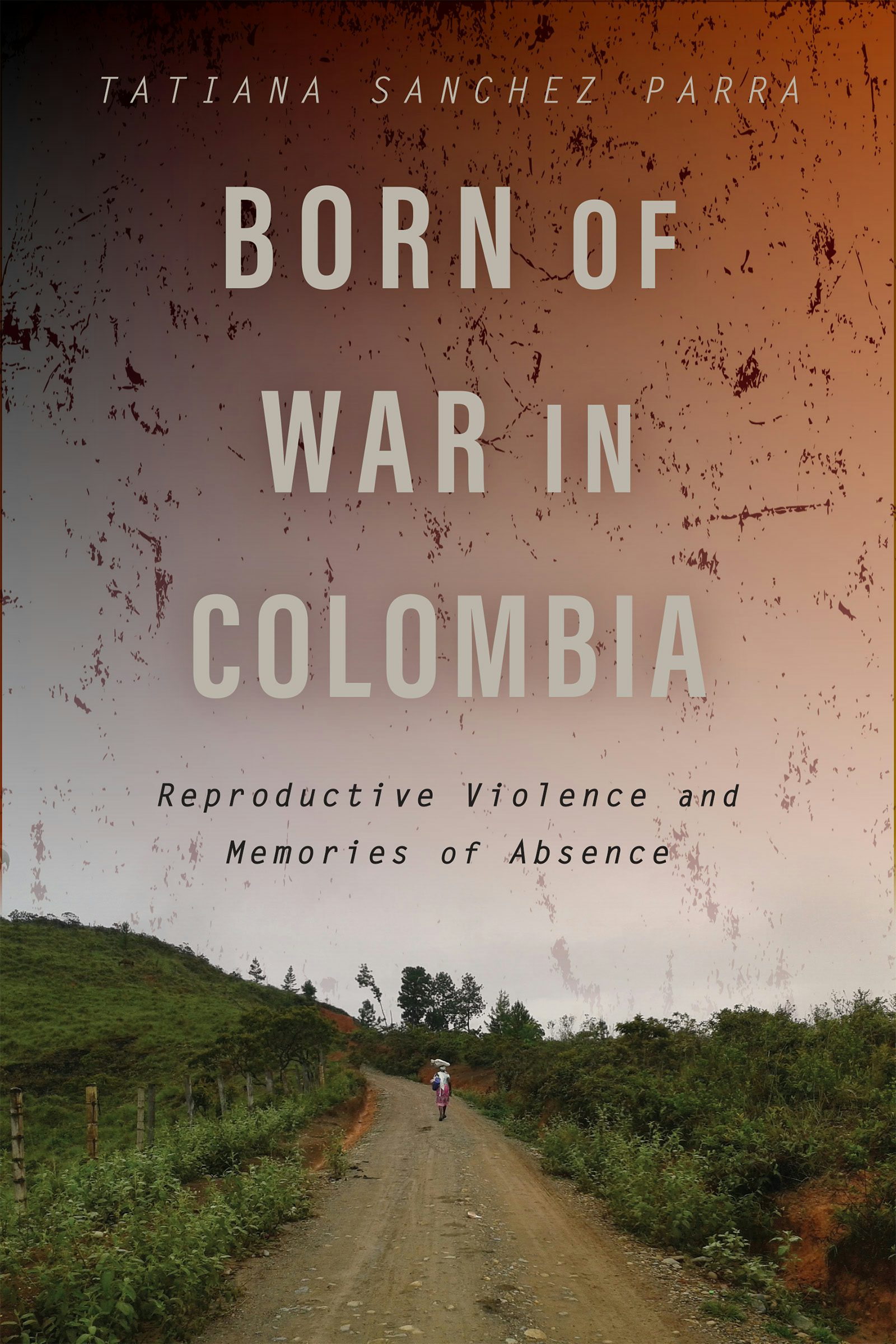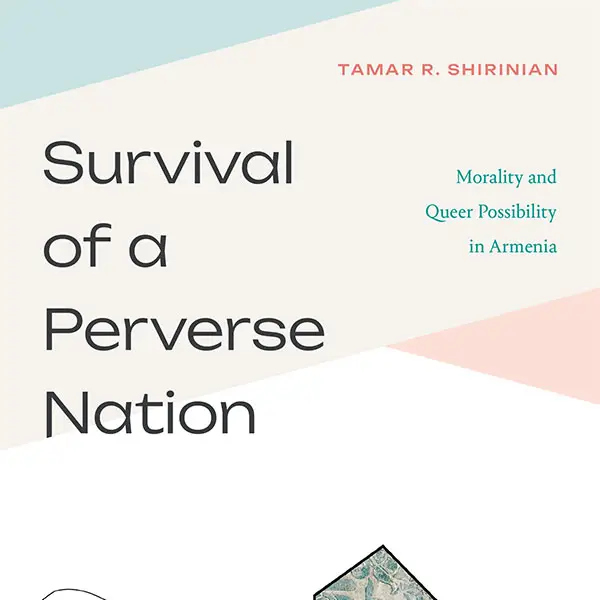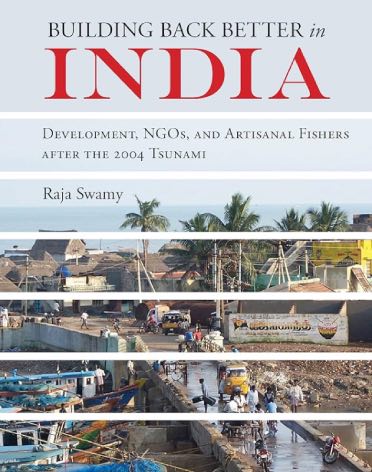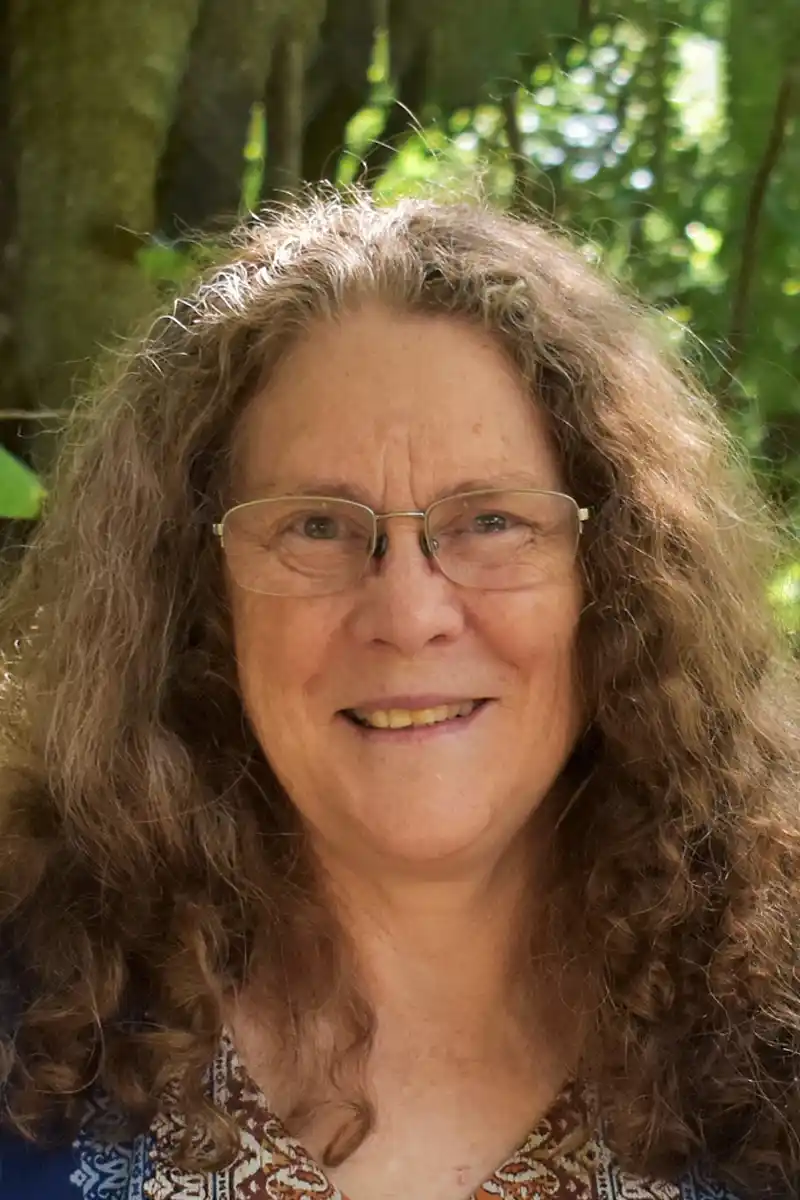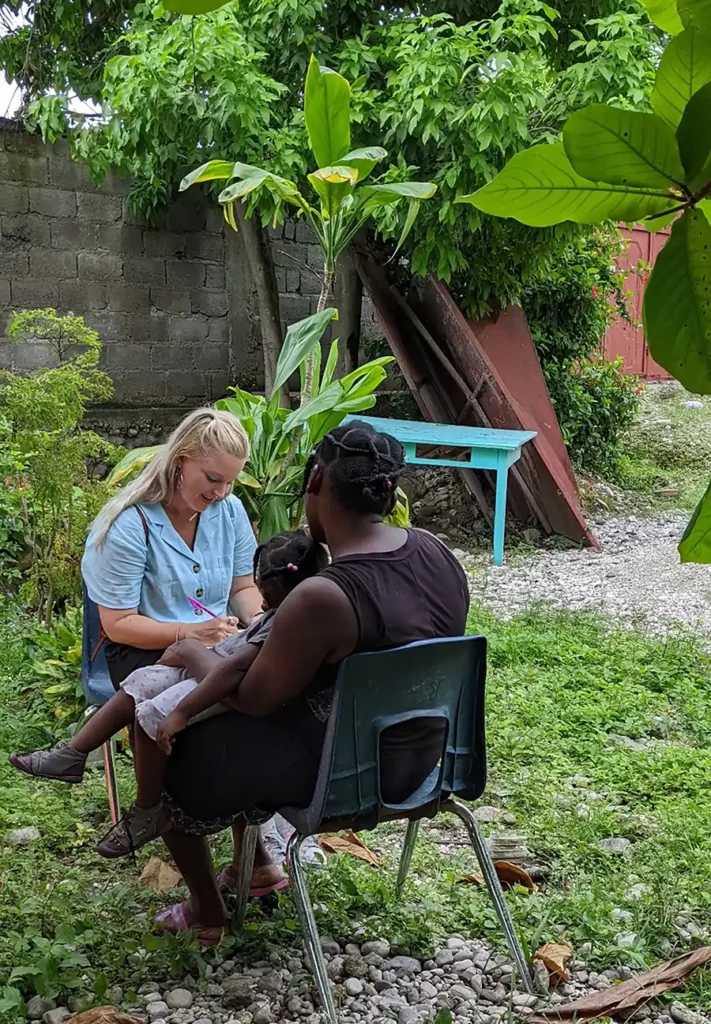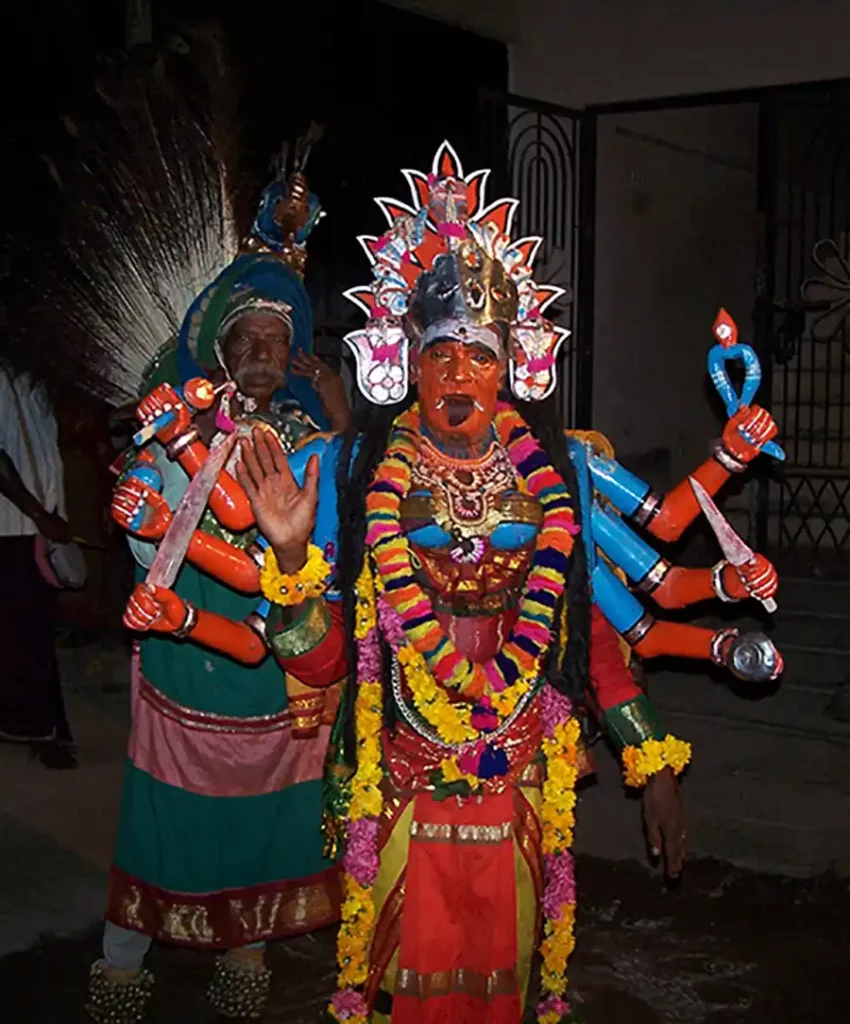
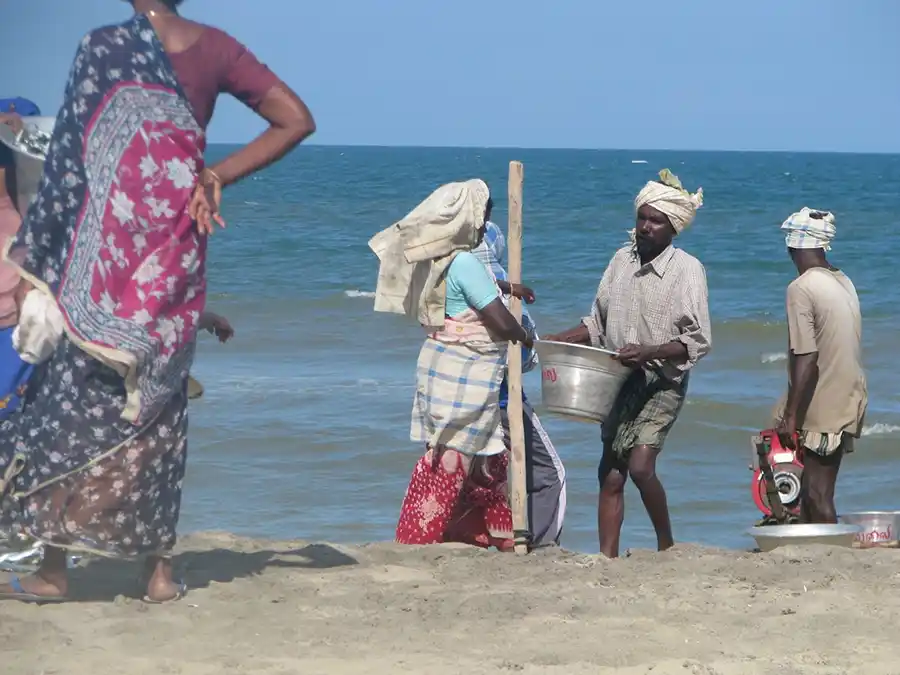
Cultural Anthropology
Cultural Anthropologists at the University of Tennessee study a wide range of issues across the world. From the struggles of Latinx immigrants in the contemporary U.S., to the impacts and processes following natural and unnatural disasters, as they shape struggles over land, resources and life in India and the U.S., the workings of political-economy, gender and sexuality in the postsocialist Republic of Armenia, the intricate dynamics of gender, morality, and ritual shaping contemporary Islamic practice in contemporary Pakistan, or the complex and changing worlds of pastoral societies, Indigenous democracy, nationalism and ethnicity in East Africa, and more.
Books Authored by Cultural Anthropologists at the University of Tennessee!
About Cultural Anthropology
Cultural anthropologists see three critical aspects to the subfield: theory, method, and ethics.
Our research is often with marginalized people, who we are obligated to protect. Recognizing that culture is a contested process, in order to “do no harm” and “weigh competing ethical obligations due collaborators and affected parties,” we critically evaluate military, paramilitary, and other governmental and nongovernmental organizations that may be positioned to exploit, harm, make profit from, or violate the human rights of persons with whom we work. This may include decisions to not collaborate with these organizations or take funding from them.
